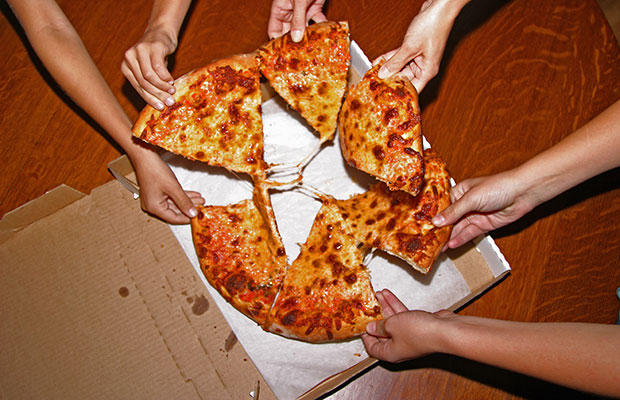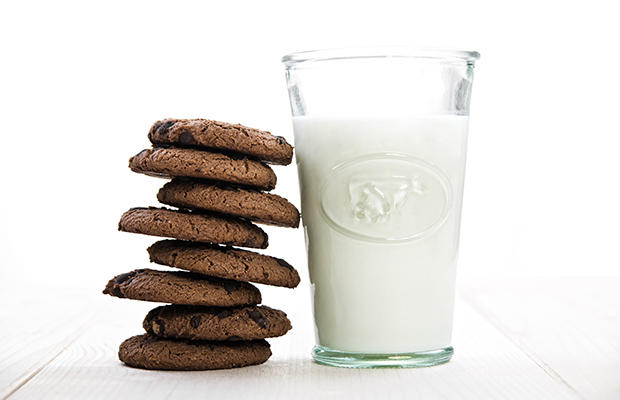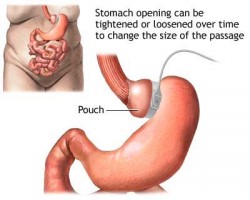 Photograph by Eric Savage/Getty Images
Photograph by Eric Savage/Getty Images
If you're not actually eating more—just eating later—will you still gain weight?
The answer is probably yes. Experts have uncovered a lot about the relationship between sleep and weight in recent years, and while there's still a lot to learn, an increasing amount of evidence suggests that your body knows when it's supposed to be awake and getting food, and when it's supposed to be asleep and not eating anything. And feeding it at the wrong time could spell trouble on the scale. (Get weight loss tips delivered straight to your inbox with our FREE newsletters!)
"The enzymes involved in fatty acid oxidation, they're highly circadian. They know when they're supposed to be metabolizing glucose," says Kristen Eckel-Mahan, PhD, who studies sleep and metabolism at the University of Texas Health Science Center at Houston.
So when you eat at an unexpected time—say, 11:30 at night, when you should probably be powering down for sleep—metabolic organs like your liver seem to get confused. They're not prepared to deal with an influx of nutrients at that time, so they process those nutrients less efficiently. That can spell problems for your insulin and blood sugar levels, which prompts your body to store more fat.
In fact, findings show that people who regularly eat later, like night-shift workers and those with night eating syndrome (when a person eats more than 25% of their food after dinner), tend to have higher waist circumferences and BMIs, compared with people who eat on a more conventional schedule. And even healthy women who eat their meals later metabolize carbohydrates at a slower rate, have a lower glucose tolerance, and burn fewer calories while at rest, compared with those who eat earlier, according to a recent study published in the International Journal of Obesity.
 Photograph by Spring23/Shutterstock
Photograph by Spring23/Shutterstock
The fix? For starters, skip the late-night eating. It's no secret that we tend to make less-healthy food choices at night (midnight milk and cookies, anyone?), but even a clean, well-planned snack too late in the evening can throw a wrench in your metabolic machine. So aim to cut off food at least 2 hours before bedtime, recommends Caroline Cederquist, MD, a physician specializing in nutrition and metabolism and the founder of BistroMD.
And for those days when you know dinner is going to be late—the weekends, crazy workdays, vacations, business trips—at least make your evening meal lighter. Most of us tend to eat smaller breakfasts and lunches, and larger dinners, but striking more of a balance can help. What that looks like: Cederquist recommends about 4 ounces of protein, making half of your plate veggies, and having a serving of starch or fruit at each meal.




